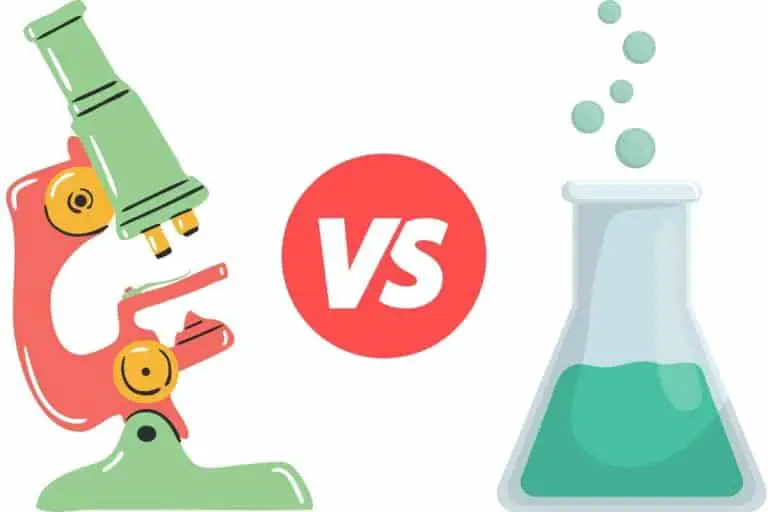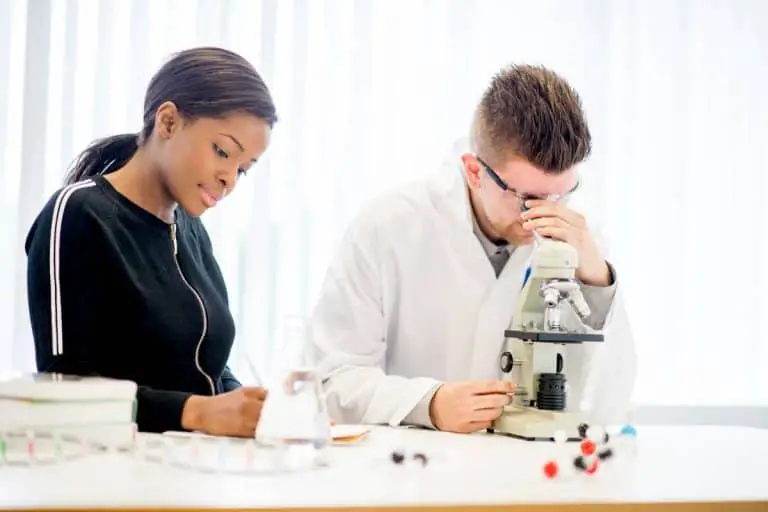My Professor Thinks I Cheated: Confronting the Accusation
Relationships with teachers and professors can be difficult to navigate in higher education or collegiate settings. Sometimes sticky situations might arise, especially those revolving around cheating or plagiarism. You might be wrestling with the question, what should I do if my professor thinks I cheated?
If your professor thinks you cheated, you need to confront the accusation with honesty and calm words. Determining the basis of the accusation, having an open conversation, being straightforward and honest, and involving higher authorities within your school or institution might help.
The following sections will explain what methods are best to follow when faced with a charge of academic dishonesty. Effectively communicating with your professor, determining the evidence against you, and how to involve superiors in your college or university will also be discussed.

Can a Professor Accuse You of Cheating Without Proof?
So… you’ve been accused of cheating. Believe it or not, it is a fairly common occurrence that many students throughout high school and college might face.
With today’s age of the internet and online schooling, cheating has become easier and more accessible than ever, and teachers have become even more suspicious and accusatory along with it.
A professor can accuse you of cheating without proof. However, a professor will have difficulty convincing higher authorities within your school that you have cheated without being able to present any evidence.
If you have been accused of cheating, it’s important to remember to remain calm and work through the situation with grace and a mature attitude. Making the circumstances worse by becoming overly emotional is the last thing you want to do.
Now, let’s look at what you should do next.
Determine the Evidence Against You
As with any accusation, the first step you should take is to discover why your professor is accusing you of cheating.
Did they see you look at someone else’s test during an exam? Does your research paper sound a lot like your classmate’s? Did the professor not like the fact that you used Course Hero or Chegg Study when completing your assignment? Figuring out why your professor believes you are guilty is the first step. This way, you can better prepare to defend yourself.
If your professor has not made the basis of their accusation clear to you, ask them.
Keep a clear, calm tone of voice and simply ask the question, “Why do you believe I have cheated?”
It’s important to remember that at this stage, you are only gathering information. Do not attempt to argue with or defend yourself to your professor at this moment.
Just pick out the facts.
You may also want to investigate your school or educational institution’s guidelines or policies regarding academic dishonesty. What constitutes “cheating” at your school? Learning the definition will help you prepare an effective defense.
Request a Meeting With Your Professor
Now that you know why your professor has accused you of cheating, the best way to approach the situation is to have an open face-to-face discussion with your professor. Ask them when a good time to meet with them would be, and schedule an appointment (source).
It is always best to handle situations as serious as these with face-to-face communication. Sending emails or text messages back and forth can lead to further misunderstanding or miscommunication, making the problem at hand worse.
How Do You Tell a Professor You Didn’t Cheat?
To tell a professor you didn’t cheat, you’ll need to sit down with them and have a conversation about what has occurred. Calmly explain your side of the story. If you have justification for your behavior, now is the opportunity to elaborate on your perspective.
After you have agreed upon a time to meet, you will most likely have to meet with them in their office. This can be intimidating, but remember, if you are genuinely innocent, you have nothing to worry about here.
Make sure you listen carefully to your professor’s opinion about the situation. Remember, they are here to guide you, and most of the time, they want their students to succeed.
Try to think of them as an ally, not an enemy.
It is crucial to refrain from becoming angry, defensive, or emotional in any way during your meeting with your professor. When emotions are heightened, people are less likely to listen and understand other people’s perspectives.
If you become visibly frustrated or flustered, your professor will be less likely to understand your side.
Be Honest
An important thing to remember is to remain honest and straightforward. If you are guilty, it is better to come out and tell the truth about what happened. Remember, two lies do not equal truth, and lying more will just make the situation worse.
Propose a Solution
If you and your professor cannot reach a mutual understanding about the potential dishonest situation, the next step is to offer possible solutions to the problem. Offer to redo the assignment or test, or perhaps a different assignment to make up for it.
At the end of the day, showing that you are willing take another test or retake the same one to prove yourself may be enough to convince the professor that you didn’t cheat. At the very least, you’ll be able to show that you made reasonable offers to solve the issue before going further with it, which brings us to the next step…
When To Involve Higher Authorities
If you are truly innocent and your professor insists on pursuing their allegation against you, it might be time to involve a higher authority. Check your campus guidelines for this. Depending on their policy, such concerns may need to be submitted to the Dean’s office or the Ombudsman’s office.
If you do not want to elevate the issue to that level, perhaps approach another professor for guidance. If they are unwilling to get involved, they will direct you to someone who will.
Conclusion
Confronting an allegation regarding academic dishonesty can be overwhelming and frustrating. When fighting the accusation, it’s important to remember these things:
- Determine the evidence.
- Have an open conversation with your professor.
- Be honest.
- Propose a solution.
- If the situation persists, involve higher authorities.
Recommended Reading:







